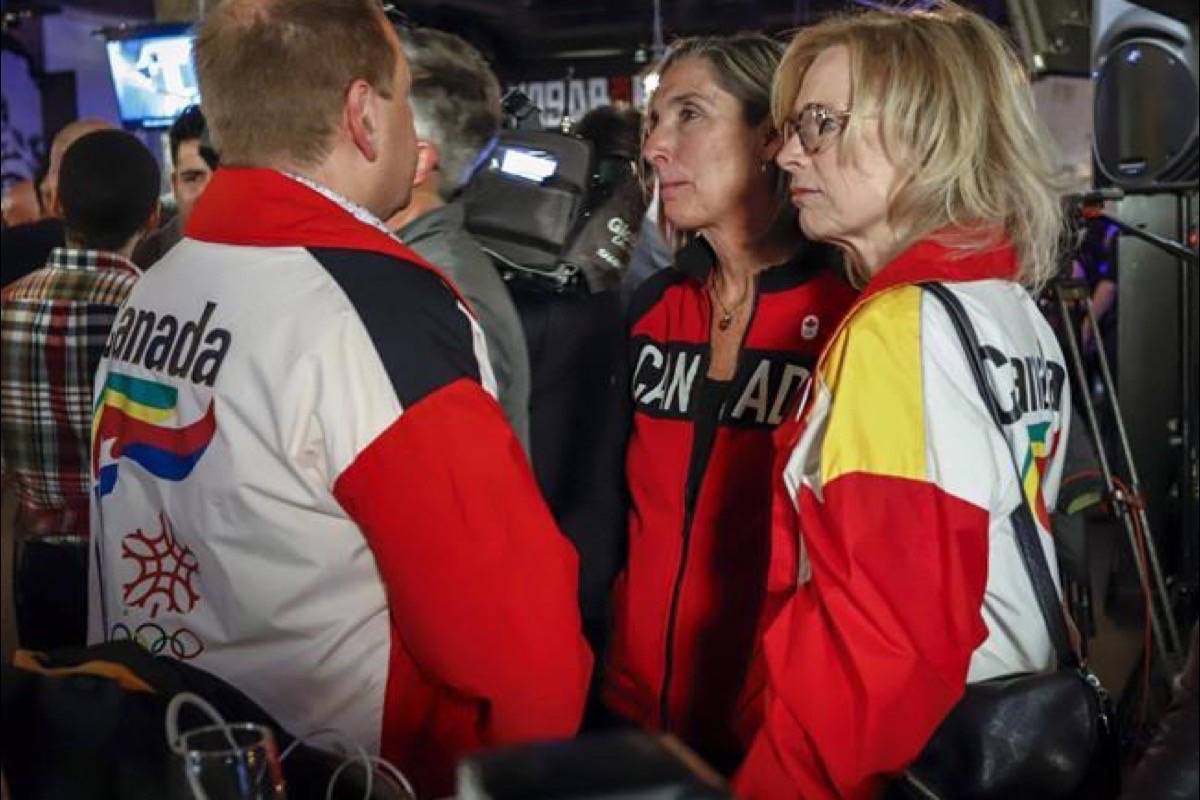Calgary city council has hammered the final nail in the coffin of a bid for the 2026 Winter Olympics and Paralympic Games.
Council voted unanimously Monday to scuttle a bid following last week’s non-binding plebiscite, in which 56 per cent of those who went to the polls voted ‘no’ to bidding for the games.
Calgary was the host city of the 1988 Winter Olympics.
READ MORE: What now for Calgary, Canada and Olympic Games after 2026 rejection?
The venues from those games, which are still used by recreational and high-performance athletes three decades later, were the foundation of another potential bid.
But a cost-sharing agreement between the federal, provincial and municipal governments wasn’t finalized until Oct. 31, which was less than two weeks prior to the plebiscite.
READ MORE: Olympic and Paralympic committees disappointed, but respectful of Calgary vote
The bid corporation Calgary 2026 estimated the total cost of hosting the games at $5.1 billion. The bidco asked for a $2.875 billion contribution split between the city, provincial and federal governments.
The Alberta government committed $700 million and the Canadian government $1.45 billion. The city was asked to contribute $390 million.
“I’m disappointed in the plebiscite result and I think we will have a great deal of work to do as we move forward, because ultimately we did as a community say ‘no’ to a lot of funding,” Calgary mayor Naheed Nenshi said in chambers.
“Now our job is, as it always is, to continue to try and replace that funding.
“Certainly there are people who are happy about the plebiscite result, there are people who are disappointed about the plebiscite result, but ultimately it was an opportunity to think about ourselves and think about our future and I think that’s a very good thing.”
How to a pay for a new indoor fieldhouse, which the city has long identified as a recreational need, and the renewal of the ‘88 legacy facilities that have helped make Canada a winter-sport powerhouse remain a priority, the mayor said.
The draft host plan for 2026 had committed $502 million to the ‘88 venues to get them Games-ready again.
“I think that we agree that our legacy as a winter-sport city is a really important part of our identity and a really important part of who we are,” Nenshi said.
The almost 2,000 housing units that would have been a 2026 legacy will not be affordable for the city in the short-term, he added.
“That is the one I’m the most sad about,” the mayor said.
Stockholm and a joint Italian bid from Milan and Cortina d’Ampezzo are still in the running to host the 2026 Games.
Donna Spencer, The Canadian Press



